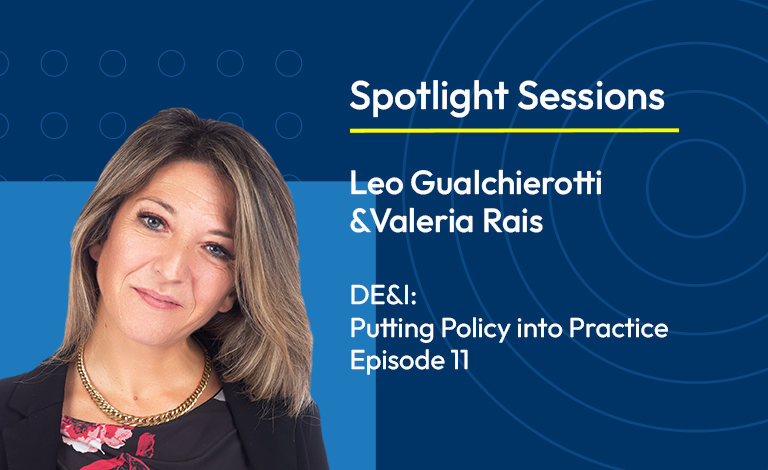Some time ago I stumbled across a LinkedIn post claiming that modern generations are significantly less happy than those from a few decades ago. At first, that theory seemed at least surprising, especially considering the world’s advancement in science, health care and the overall quality of life. However, paradoxically, it is exactly the fact that we “have it all” that seems to make us less and less happy.
Dopamine, also known as “the happy hormone”, is a neurotransmitter which works as a “messenger” for neurons. Dopamine is released, for instance, when we eat or even smell our favourite food. It is also released in small hits whenever we scroll through Tik Tok or Instagram, giving us a sense of relaxation and pleasure.
It is now easier than ever to reward ourselves whenever we feel tired or overwhelmed. Instead of going for a walk or exercising, we can simply grab our phone and instantly cut off from the outside world. That instant gratification mechanism which we all use comes with some significant risks to our mental health.
Our brain quickly gets used to being constantly rewarded and “overflowed” with dopamine. As a result, each day we need higher stimulation in order to feel satisfied. Dr Andrew Huberman explains that the “key to happiness” is keeping “baseline dopamine levels” and only occasionally rewarding ourselves in order to keep long-term motivation.
It means that to live a balanced day-to-day life, we need to have a healthy, constant amount of dopamine in our brains. Some of the simple ways of keeping that level stable include:
· Not looking at screens just before going to sleep and at night
· Having daily exposure to sunlight, especially early in the morning
· Drinking coffee in moderation
At the same time, any peaks of dopamine should be carefully managed and delivered in small doses. Otherwise, if we keep rewarding ourselves for every little success, long-term life satisfaction is very likely to decrease. In order to keep the motivation levels high, it is best to celebrate selected achievements and not let your brain get used to receiving constant and immediate rewards.
To discuss this topic further, speak with Magda today.



